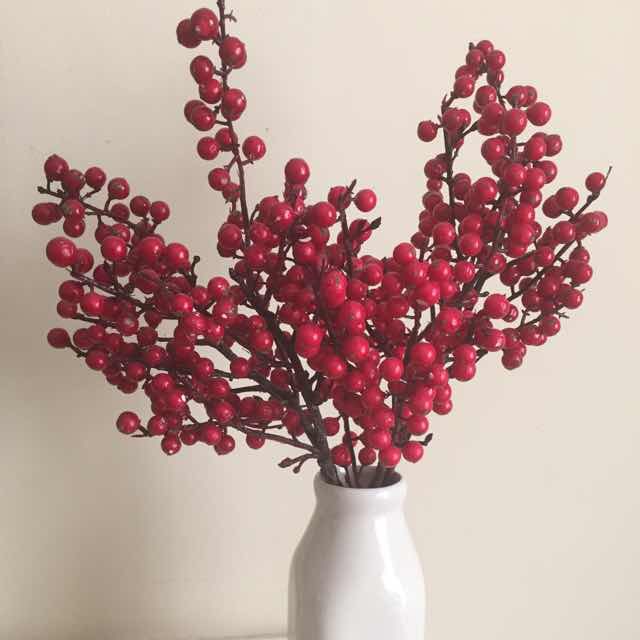When I started school in grade one, I was three years younger than other kids in the class. I began earlier because my cousin reached school age. I would not have it that she got all those new pencils in that shiny pencil case while I would be left home with the same old toys. I threw a tantrum. My matriarch grandmother ordered my uncle, who happened to be the principal of the school, to break the age rule and let me sit in the back of the same classroom as my cousin.
On the first day of school, I carried across my shoulder my new school bag that my big aunt had sewn for me. She even embroidered a flying seagull on it. I wore a pretty necklace that my younger aunt knitted with colourful plastic strings. At the bottom of the necklace hang a little pocket as a pendant knitted with the same plastic strings and it held a boiled egg in it. That was my school snack that my Granny had prepared. I carried a bamboo mat on my back, like people carrying a yoga mat today. My uncle had weaved that mat. All students brought a mat to lay it down on the floor of the classroom after lunch time and have a nap.
During the class, I played with my new toys: brand new pencils, a pencil sharpener and a fragrant eraser. I got a metal pencil case with interesting pictures on it. On the left there was a portrait of Chairman Mao wearing an army hat with a red star on it. Golden rays beamed from his head as if he was the sun. On the right there painted three happy people shoulder to shoulder: A worker holding up a hammer, a farmer with a scythe and a soldier with a rifle.
When the recess bell rang, kids ran to the big water jars outside the classrooms. They were made of thick ceramic and were as tall as half a kid. Kids took turns to scoop water with ladles made of bamboo and drink from them. Then we went to play balls and jump ropes in the schoolyard.
I asked for the washroom. Somebody pointed to a hut on the far side of the schoolyard. I ran over and entered. There were two rows of wooden seats on each side, one taller than the other. Actually, it was a long wooden bench against each of the two walls, with several round holes on the bench spaced between them, each hole the size of a pair of buttocks. Underneath the bench was one large pool of human waste. The pool was dug down below the ground and there was perhaps a meter or two between the surface of the pool and the bench seats. You could hear the splashes of the droppings; you could see brown floats in the yellow liquid if you looked down the hole.
At my age, I was still using an enamel potty at home, while adults used a wooden bucket placed inside a beautifully carved and painted wooden box as a toilet. I had not used an outhouse. Desperate by the urge of my pee, I tried to sit on one of the holes on the lower bench, but I glimpsed a white maggot climbing up the wall. I jumped away and tried the other bench, but I wasn’t tall enough to reach it with my bum. I stood in the middle and bent over to hold back my urge. As the loud bell rang calling kids back to classrooms, it felt as if somebody pulled a cord and a hot stream rushed down my legs. One of the kids ran out of the washroom to the schoolyard yelling: “Teacher! Teacher! She peed her pants!”



